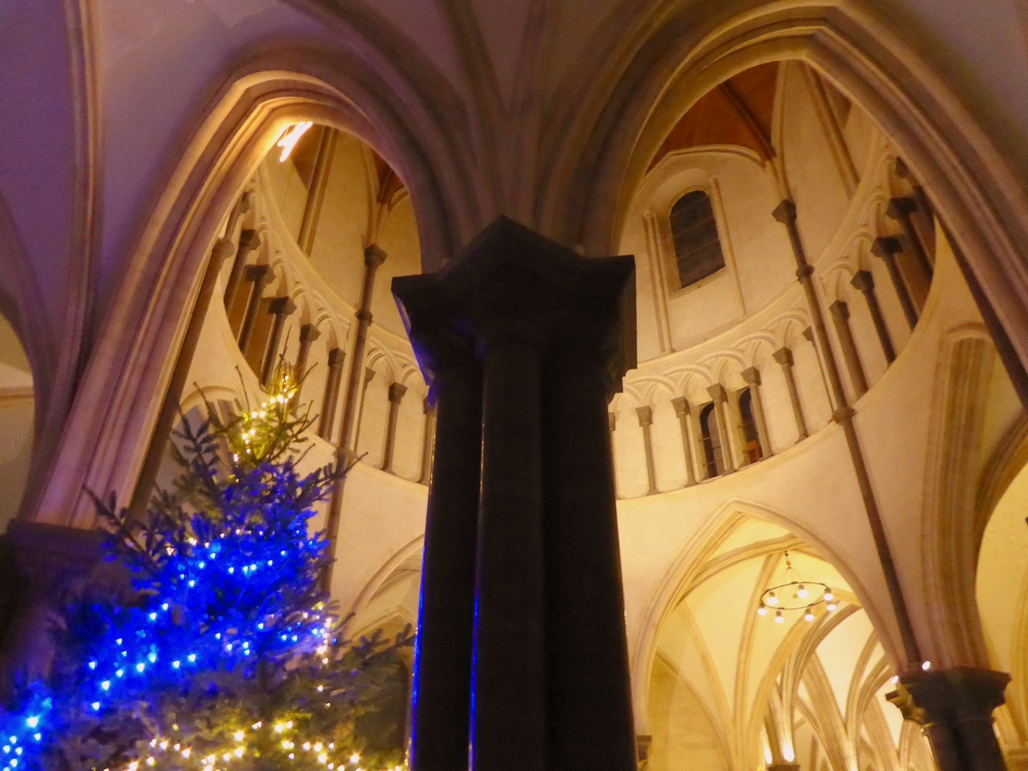It’s boasting, but surely true, to claim that London offers the biggest number of classy Christmas concerts in the world. How could it be otherwise with established seasonal festivals based around Spitalfields, St John’s Smith Square and the over-restored but still amazing Temple Church whose founder Knights Templar bring Dan Brown fans in droves and an inevitable daily admission fee of a fiver? To these three shrines come most of the best choirs from Britain and further afield, and on the evidence of A Wondrous Mystery on the second evening of the Temple Winter Festival, there’s none more sheerly perfect than Stile Antico, now 10 years old.
Recent raves had led me to expect something unbuttoned as well as polyphonically immaculate. That didn’t quite happen, but the fullness of sound is easy to take for granted, something you might expect from a choir twice the size of these accomplished, conductorless 12. They programme brilliantly too, in this case building a fantasia of late Renaissance northern European works around sequences from Clemens Non Papa’s Mass “Pastores quidnam vidistis”.

For the wackiest number in their programme, the singers retreated to the west end of this miniature Dome of the Rock, the better to render the “wondrous mystery” of God made man. Slovene master Jacob Handl serves it with chromatics and outlandish harmonic shifts astonishing by 16th century standards, proving that Gesualdo didn’t have the stranglehold on musical modernism. Handl’s “Canite tuba” provided another contrast, this time one of texture, for lower voices only.
Most beguiling was Hieronymus (no relation to famous Michael, also included) Praetorius’s Magnificat quinti toni, with radiant settings of the carols “Josef lieber, Josef mein” and the indispensible “In dulci jubilo” woven seamlessly into the fabric, pre-symphonic style. The Magnificat also had the small miracle of two tenor voices in plainsong perfection. So we got our fix of the seasonal familiar as well as the charming in the shape of Johannes Eccard’s naively dancing “Über Gebirg Maria geht”. Otherwise austere presentation of rich sounds was the keynote of this spring-water wonder.














Add comment